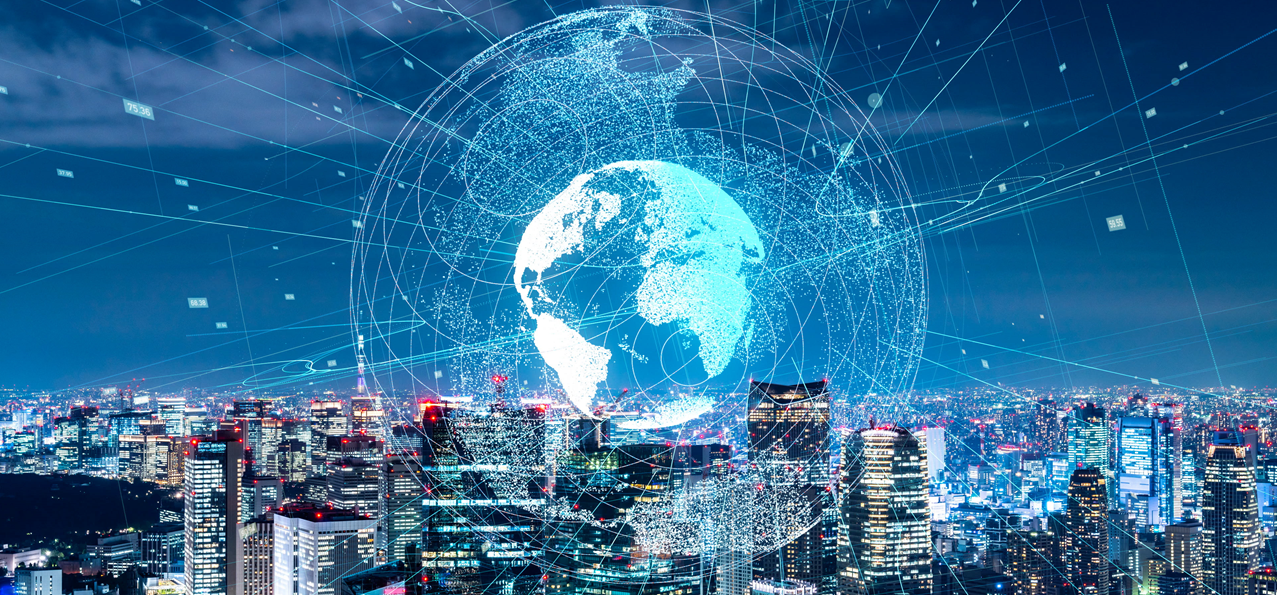In a world where change is the only constant, the economic landscape continues to shape and reshape itself with remarkable dynamism. As new leaders emerge and market movements gain momentum, it is imperative to delve into the vibrant dynamics of the business world. Join us on this captivating journey as we explore the prevailing trends that are shaping the economic realm in both global and local markets.
The business environment today is marked by an unprecedented wave of entrepreneurship and innovation. Visionaries and risk-takers have seized the opportunity to transform industries and disrupt traditional business models. From Silicon Valley’s tech giants to emerging startups revolutionizing various sectors, the landscape is teeming with fresh ideas and bold ventures. These entrepreneurs are not merely navigating uncharted territories; they are forging a new path, leaving a lasting impact on the economic fabric of our time.
One case study that exemplifies this trend is the rise of ride-sharing companies such as Uber and Lyft. These disruptors have redefined the transportation industry by leveraging technology and tapping into the sharing economy. Their business strategies have not only transformed the way we commute but have also spurred innovation in adjacent sectors, such as food delivery and logistics. As the gig economy continues to expand, we witness a transformational shift in the labor market, with implications for both workers and traditional business models.
However, it is essential to recognize that alongside the entrepreneurial spirit, corporate ethics are gaining prominence as a key factor in shaping the economic landscape. Consumers are increasingly demanding transparency, sustainability, and social responsibility from the brands they support. This changing societal attitude has propelled businesses to reevaluate their practices and adopt more ethical approaches.
For instance, large corporations like Patagonia have championed the concept of corporate social responsibility. Patagonia’s commitment to environmental conservation and fair labor practices has not only cultivated a loyal customer base but has also set a positive precedent for other organizations. With millennials and Gen Z becoming major stakeholders in the global economy, companies that fail to prioritize ethics risk losing a substantial market share.
Looking ahead, what can we expect from the ever-evolving economic landscape? The answer lies in the convergence of various trends. The rise of artificial intelligence (AI) and automation promises to reshape industries and redefine job markets. While some fear that AI will lead to widespread job displacement, others argue that it will create new opportunities and facilitate economic growth.
Additionally, global economic interdependence continues to shape the landscape, marked by increased trade tensions and geopolitical uncertainties. The shifting sands of international relations can have far-reaching implications for economies around the world, requiring businesses to adapt and navigate an ever-changing geopolitical ecosystem.
In conclusion, the economic landscape is a complex tapestry of entrepreneurship, innovation, and corporate ethics. As markets evolve, new leaders emerge, and societal values transform, it is paramount to stay attuned to the prevailing trends shaping the business world. By embracing change and charting new paths, businesses can navigate the shifting tides and thrive in the ever-evolving economic landscape.
So, join us as we unravel the nuances of this captivating realm and gain insights into the trends that will shape our economic future. Together, we can embark on a journey of discovery and equip ourselves to navigate the dynamic world of business with wisdom and foresight.

